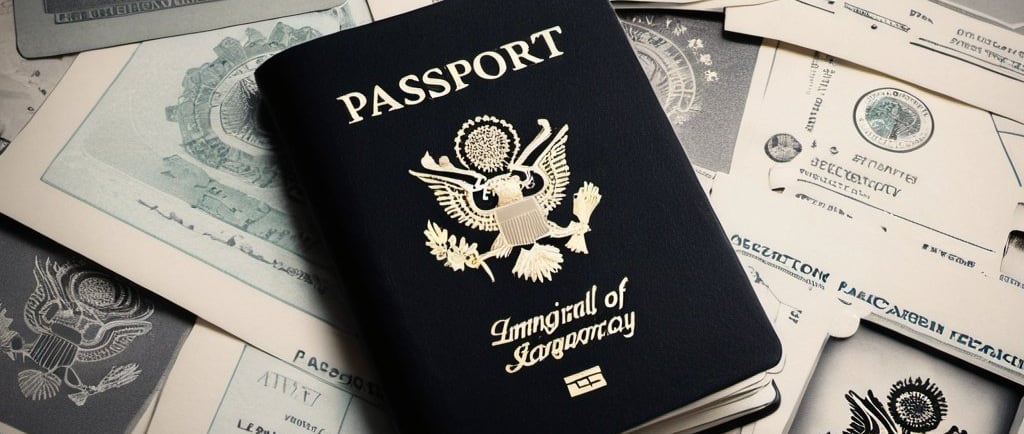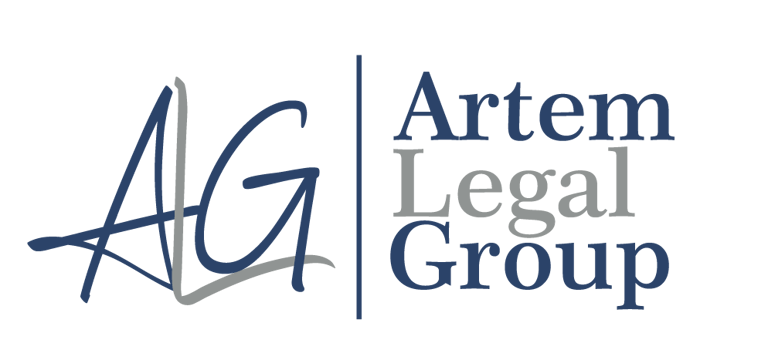New Regulation of the Law to Attract Investors, Rentiers, and Retirees: What You Need to Know
Blog Discover the latest updates on residency regulations in Costa Rica with our newest blog post! Learn all about the recent publication of the regulation corresponding to the Law to Attract Investors, Rentiers, and Retirees (No. 9,996), and how it might impact your residency plans. From minimum investment requirements to tax benefits for investors, retirees, and rentiers, we've got you covered with all the essential details you need to know. Plus, find out about the recent discussions among government authorities regarding potential areas for improvement in this regulatory framework. Stay informed and stay ahead of the game by reading our latest blog post. Don't miss out – check it out now! 💼✈️🌴post description.
IMMIGRATION


On February 23, 2023, the regulation corresponding to the Law to attract investors, rentiers, and retirees (No. 9,996) was published. This regulation brings a series of significant changes that directly affect those seeking residency in Costa Rica under this regime.
Among the most noteworthy updates is the establishment of a minimum investment amount of one hundred fifty thousand US dollars (US$150,000), as well as the elimination of the option to demonstrate income through fixed-term bank deposits. Additionally, it has been established that properties used as proof of investment must be registered in the individual's name, prohibiting registration in the name of legal entities.
Furthermore, the regulation also includes a series of tax benefits for investors, retirees, and rentiers during the first five years of the law's validity, including exemption from import duties for household goods and ground, air, and/or sea transportation vehicles, as well as for the importation of professional or scientific instruments or materials.
However, it is important to note that in the event a resident investor, retiree, or rentier loses or renounces their migratory status, they will be required to pay all taxes from which they were exempted.
In a recent public forum, authorities from the General Directorate of Migration and Aliens and the Ministry of Finance discussed some of the main challenges posed by this regulation to the Government, and potential areas for improvement were addressed for the future.
We will be keeping an eye out for any updates or reforms related to this important topic, and we commit to keeping you informed through our blog.
Stay tuned for more updates!
